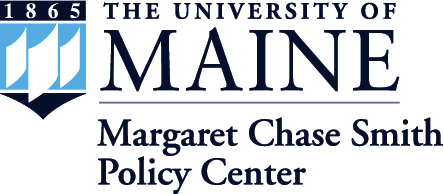Abstract
The soft-shell clam fishery in Maine and Wabanaki homelands is in a state of crisis, or so say most news reports about this fishery. While there is ample evidence that small-scale fisheries and the communities these fisheries support are rapidly changing, the crisis narrative conceals more than it reveals about how communities are actively responding and the longer-term histories to which these changes are connected. In this paper, we describe the dominance of the crisis narrative in news reports about clamming and we connect with critiques in Native American and Indigenous Studies and environmental communication that describe some of the problems with this narrative. These critiques also point to a need to shift from crisis to more relational forms of care. When we make this shift, different stories of conservation and intertidal restoration, the emergence of partnership networks, and the formation of collaborative policy solutions come into view. We listen to and share these stories and we conclude by asking how listening, as a call to action, can shape broader, crisis-focused efforts and encourage practices of care within climate adaptation planning across contexts.
First page
91
Last page
99
Rights and Access Note
This Item is protected by copyright and/or related rights. You are free to use this Item in any way that is permitted by the copyright and related rights legislation that applies to your use. In addition, no permission is required from the rights-holder(s) for non-commercial uses. For other uses you need to obtain permission from the rights-holder(s).
DOI
https://doi.org/10.53558/LEPY1448
Recommended Citation
McGreavy, Bridie, Gabrielle V. Hillyer, Jessica G. Joyce, Emily Farr, B Lauer, Anthony Sutton, Katie Moody, Jessica P. Batchelder, Ishani Jayamaha, and Marissa McMahan Ph.D.. "Communicating Care in Coastal Fisheries: Restoration, Adaptation, and Collaborative Policy Change." Maine Policy Review 32.2 (2023) : 91 -99, https://digitalcommons.library.umaine.edu/mpr/vol32/iss2/15.
Creative Commons License

This work is licensed under a Creative Commons Attribution-NonCommercial-No Derivative Works 4.0 International License.
Included in
Other Communication Commons, Social Justice Commons, Speech and Rhetorical Studies Commons
